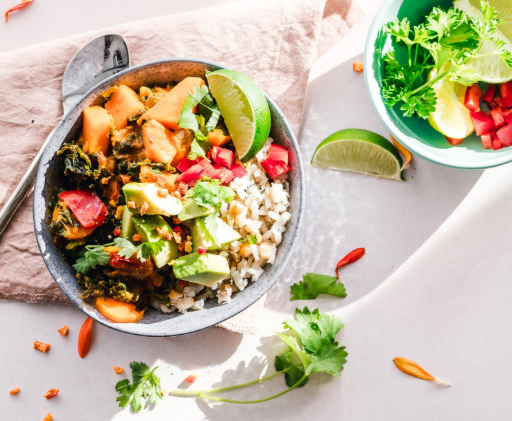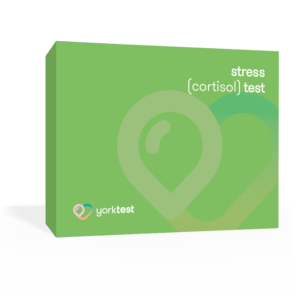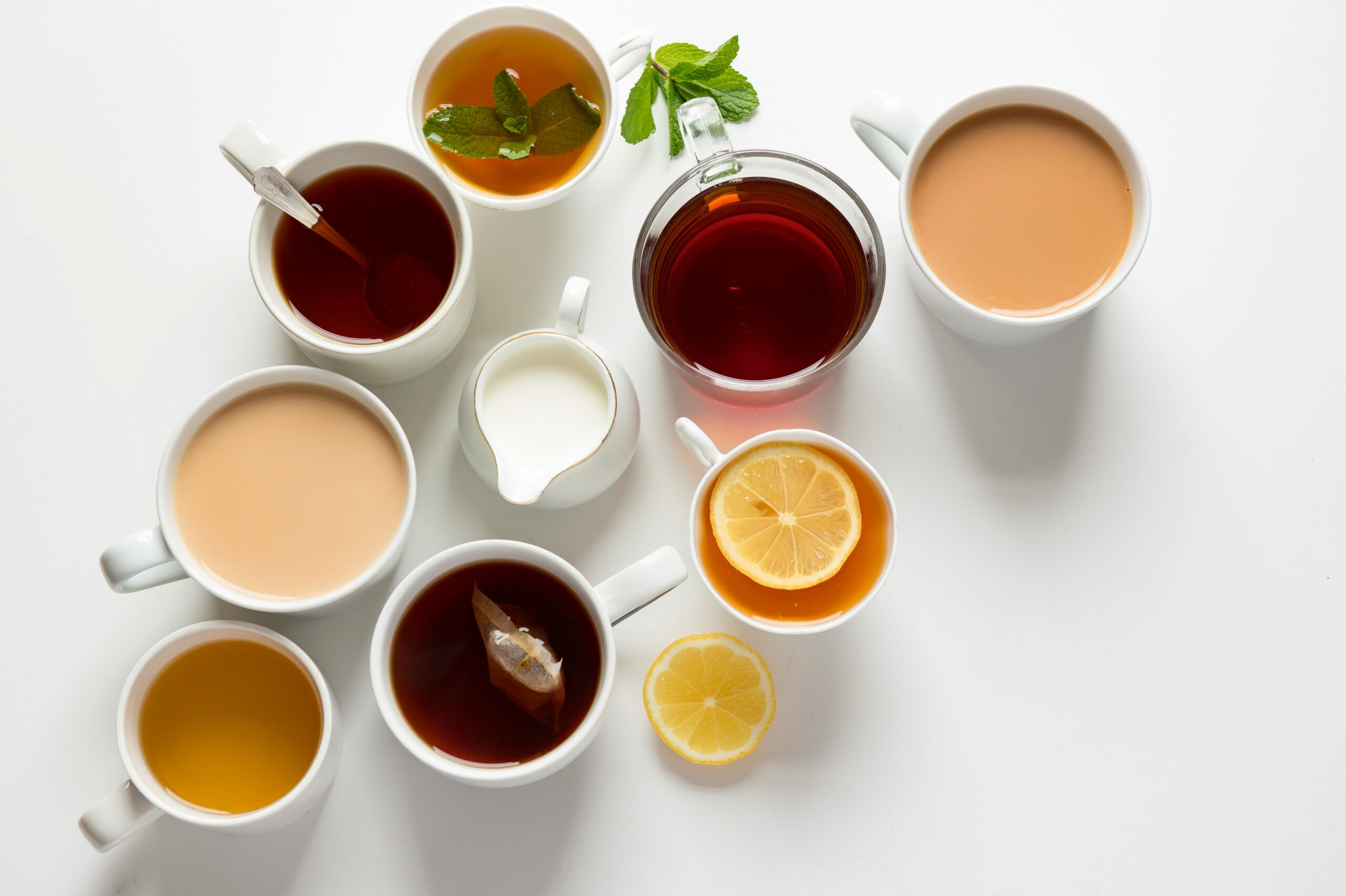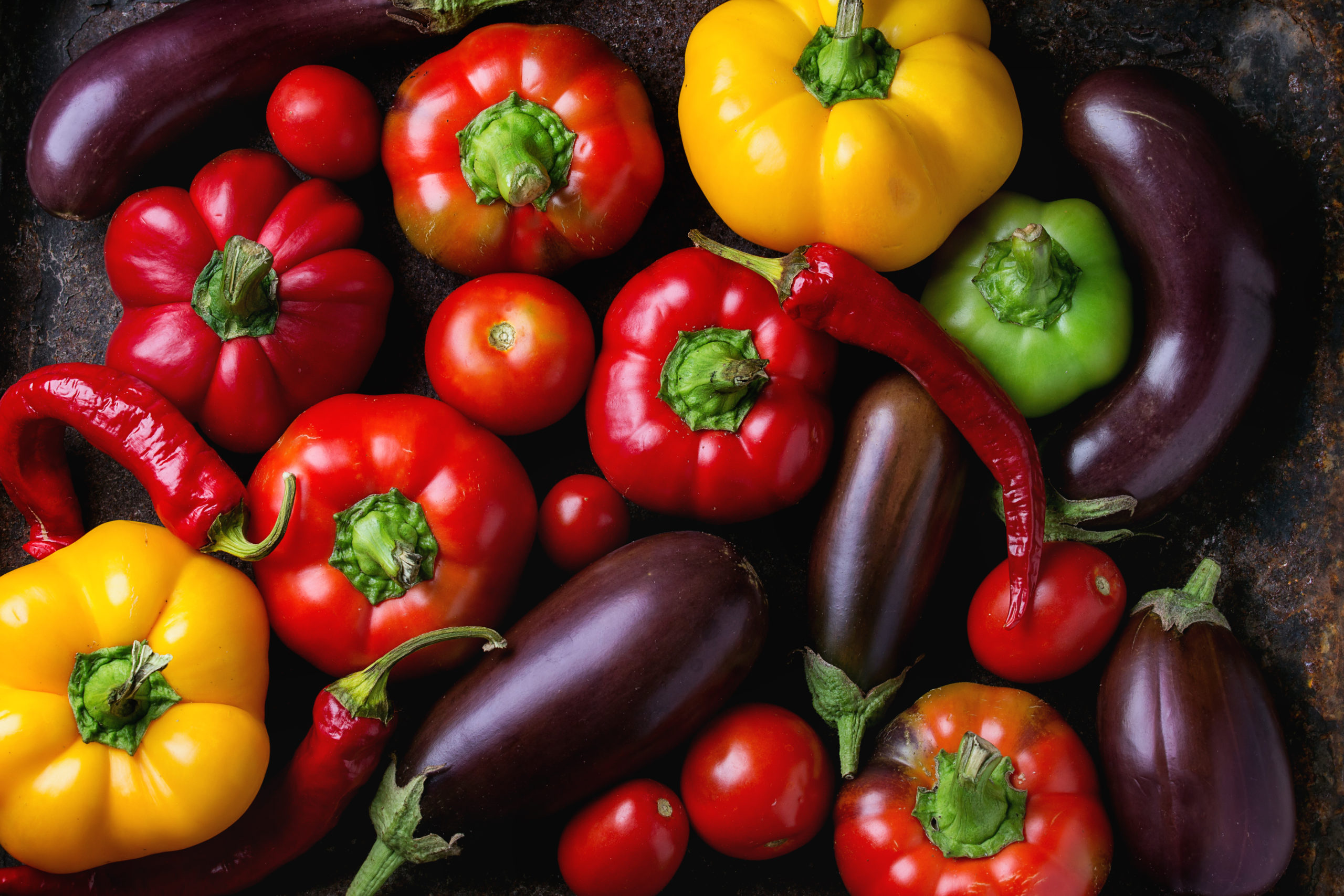We live in a world in which the question of how to eat a healthier diet is at the core of many of our conversations about lifestyle choices. Whether we need to cut down on the saturated fats we consume or increase the amount of fruit and vegetables we eat, our diets are the subject of much debate – but perhaps the area of most contention is whether or not animal products should be part of them.
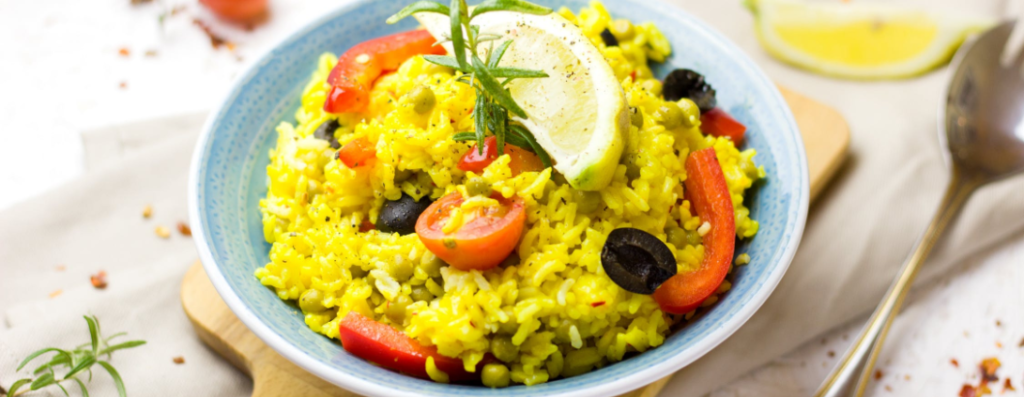

The practice of veganism certainly divides opinion, but one of the leading arguments in its favour is that it’s not only better for the individual, but for the world in which we live, too. This combination of internal benefits to the body and external benefits to the world is what has made veganism such a powerful movement.
Is it the right route for us all to take, though? What is it about veganism that is so good for us and how can it benefit our mental wellbeing? Let’s take a look at whether or not this practice is the real key to happiness.
How to test for food intolerance in children
First, let’s take a look at the concept itself.
A vegan will refrain from consuming or using any kind of product that is derived from animals, such as meat, dairy, clothing and cosmetics. It is often described as more than a diet; it is a philosophy that aims to bring fairness to the world by stopping what many see as animal cruelty.
The dietary aspect of veganism includes mainly plant-based foods and drinks, such as fruit, vegetables, nuts, grains and beans. It still, of course, requires a well-balanced intake of nutrients and vitamins to remain healthy (too much of a good thing can be bad for you) but it is generally considered to be a positive lifestyle choice for many people – and not just in physical terms. In fact, our mental health can be directly boosted by a properly balanced vegan diet.
How does food affect our mental health?
Many of the foods that are typically part of vegan diets are regularly recommended as part of non-vegan diets anyway – those that are high in the likes of vitamin C (spinach, oranges) and vitamin B-12 (fortified breakfast cereals, Marmite) are great for your overall health when consumed in moderation.
We all know that excessive consumption of sugary food and drink is bad for our health, and can severely limit the effectiveness of the gut-brain axis, which is the connection between our stomachs and our minds. Ultimately, what we put into our bodies affects not only how we look, but how we feel, so it pays to be supplying your gut and, therefore, your brain with the kinds of vitamins and minerals that are required for optimum performance.
Can veganism really affect our moods?
Given that vegan diets are laced with healthy foods that are packed with vitamins and minerals, it could be said that vegans give their bodies the best chance of maintaining good levels of mental health.
It’s true that diets like this have amazing health benefits, but one of the key things to remember about veganism is that the lack of animal products like meat, fish, eggs, milk and cheese means that the intake of that vital vitamin B12 is more restricted. This gap must be plugged by something else – and the same goes for the calcium you get out of such products.
Veganism can only lead to a happy body and mind when a happy diet and lifestyle are maintained, which means that any potential shortfalls in essential vitamins and minerals must be rectified via other sources.
Should everyone be vegan?
The truth of the matter is that everyone is different. There is no one answer to the dietary dilemma that fits everybody’s lifestyles, so veganism may not be the correct lifestyle for the entire population.
It’s what we call the individual ‘food fingerprint’ of a person and it explains how some foods affect some people more than others.
The bodily reactions we get after eating or drinking can manifest themselves as food intolerances for some people, which means that the immune system produces antibodies to fight off viruses, bacteria or react against the foods that the body perceives as ‘foreign’.
These trigger foods are different for every sufferer of a food intolerance and can appear in vegan diets as well as non-vegan diets. For example, a gluten intolerance can flare up as a result of consuming grains like wheat or barley, which heavily feature in vegan diets. Even banana intolerances exist, so it’s still possible that vegans will suffer from food intolerances despite the significant changes they make to their diets.
This means that the key to happiness when it comes to your diet is not necessarily to simply adopt veganism as a lifestyle, but it is to understand your body and how it reacts to the foods and drinks that align with your philosophy.
If you need help deciphering what your body can and can’t digest to allow you to make a lifestyle choice like adopting veganism, why not get in touch to speak to an expert at YorkTest today?


